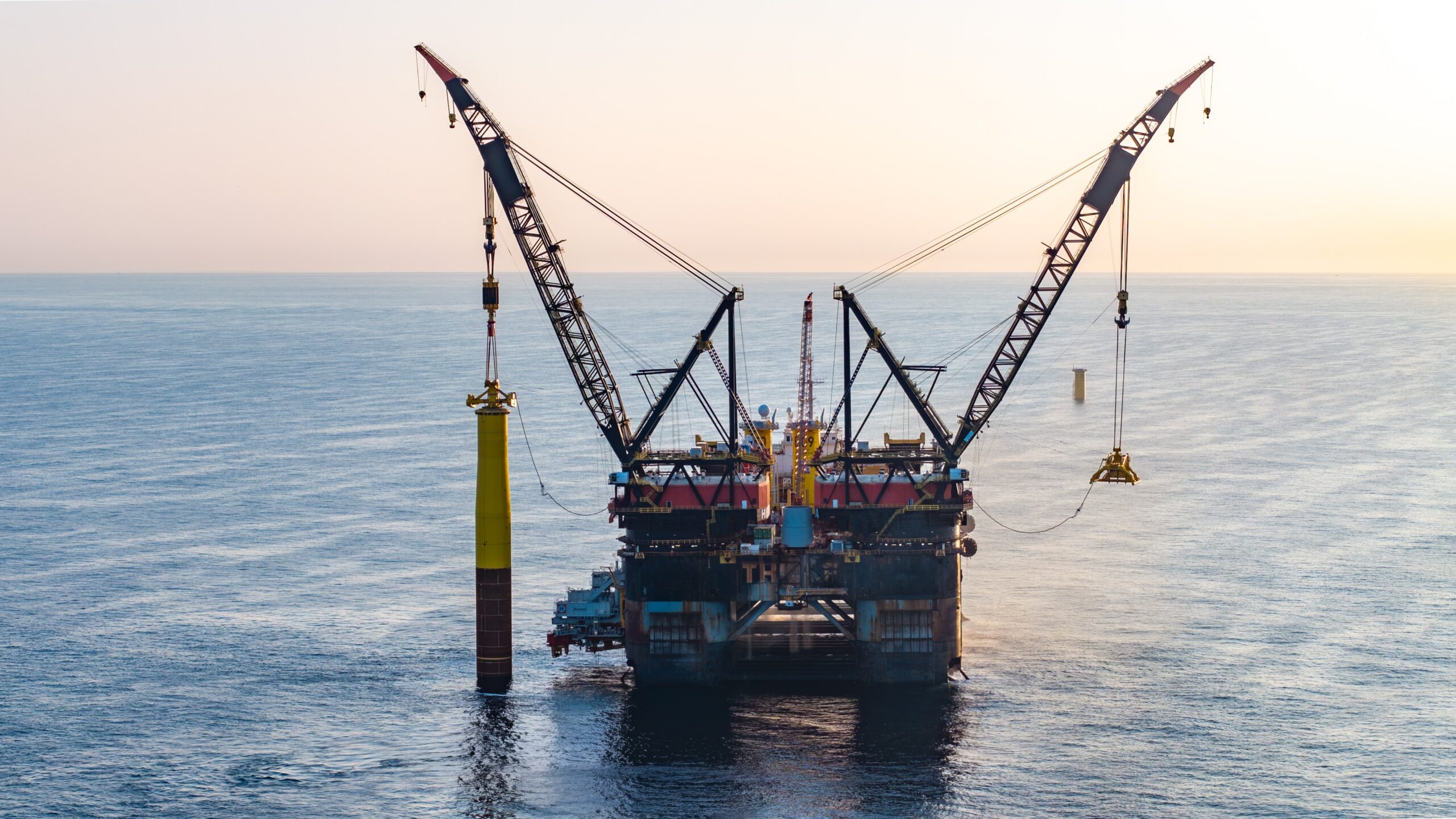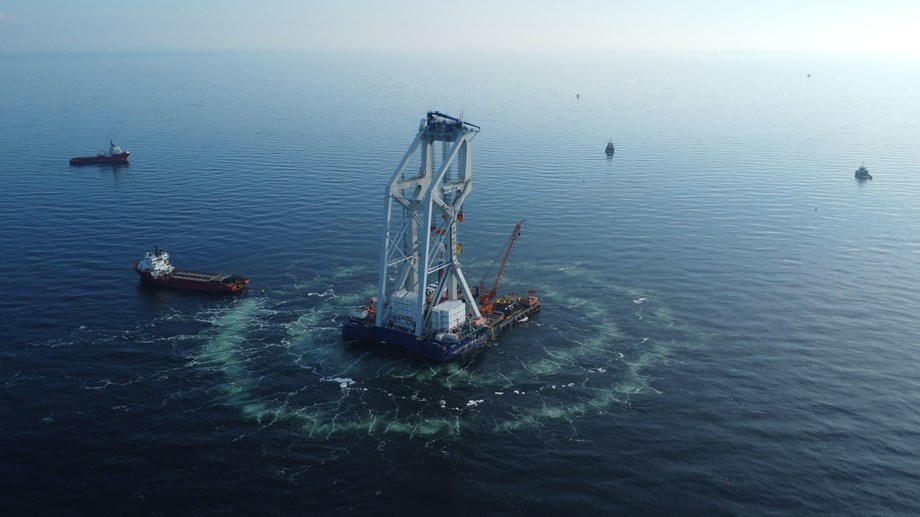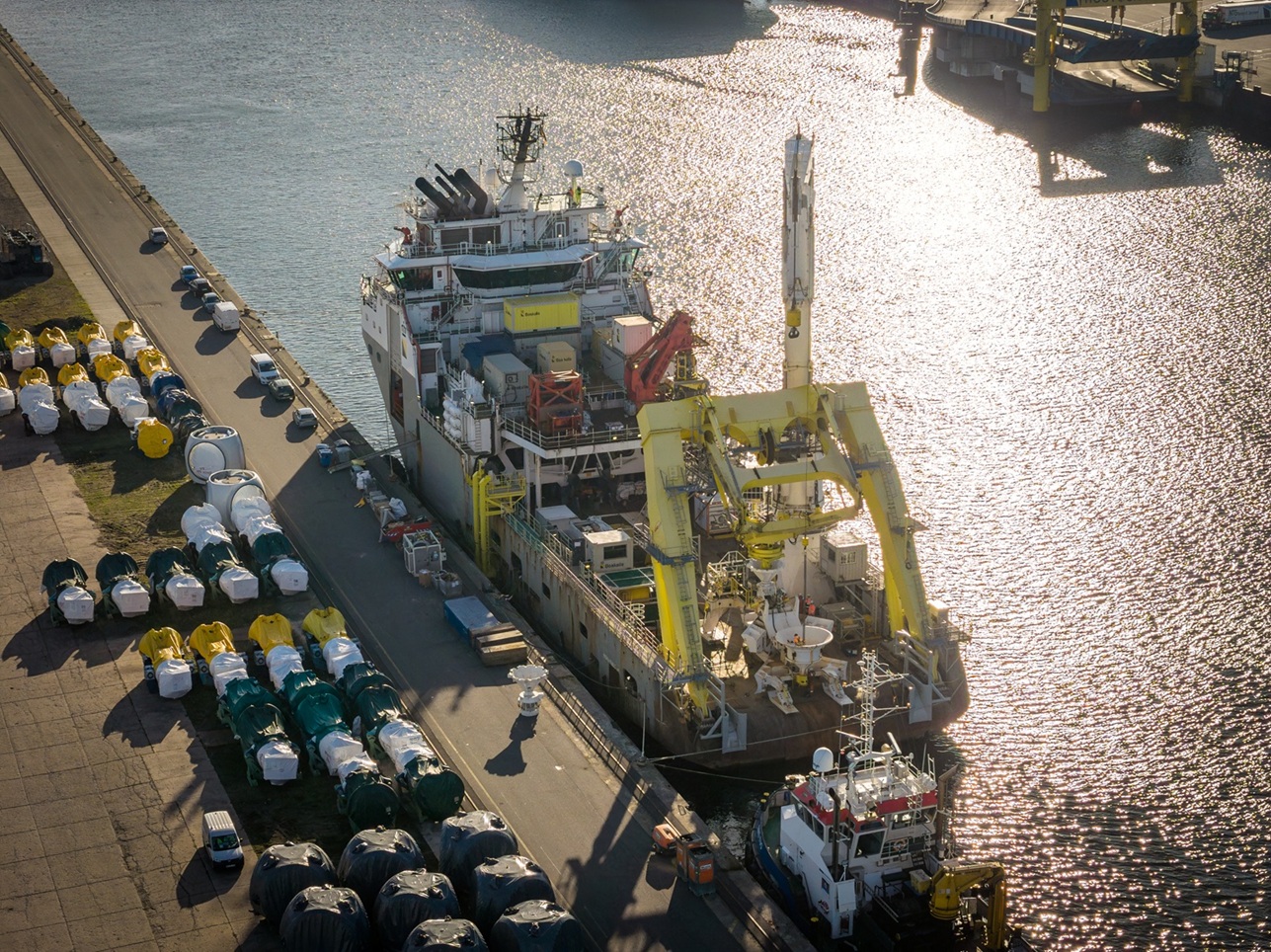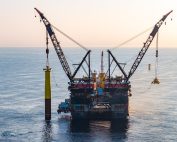Leading experts from across the Alliance met at NATO Headquarters on Thursday (23 May 2024) for the first meeting of NATO’s new Critical Undersea Infrastructure Network. With rising challenges to undersea infrastructure, the Alliance is putting in place new tools to enhance the security of undersea cables and pipelines and to monitor potential threats.
NATO has warned for years about the security of undersea cables and Allies increased naval patrols near critical subsea infrastructure following recent incidents in the Baltic Sea. Secretary General Jens Stoltenberg, who opened the conference, said Allies must continue to step up. “The increasing dependency of our societies on undersea infrastructure means we need to do more to enhance their security,” said Mr Stoltenberg. “NATO is well-placed to take on a greater role given our Allies’ unique military capabilities, vast intelligence network, and operational expertise,” he said, underlining that Russia is carrying out an intensifying hybrid campaign against Allies.
At the meeting, participants discussed ways to enhance information-sharing and situational awareness, as well as ways to deter and defend against threats to undersea infrastructure. They talked about using innovative technologies to enhance infrastructure security and resilience, including for the growing number of offshore wind farms that underpin the energy transition. The Alliance also continues to promote technological innovation – such as sea drones, new sensors and the use of AI – to better detect suspicious activity.
The one-day meeting follows the decision by NATO Defence Ministers in February 2024 to stand up the Critical Undersea Infrastructure Network. Allies are also establishing a Maritime Centre for the Security of Critical Undersea Infrastructure within NATO’s Maritime Command (MARCOM) in Northwood, UK. Thursday’s meeting was chaired by David van Weel, Assistant Secretary General for Innovation, Hybrid and Cyber. Industry representatives, including energy operators, also attended.
Source: www.nato.int
















